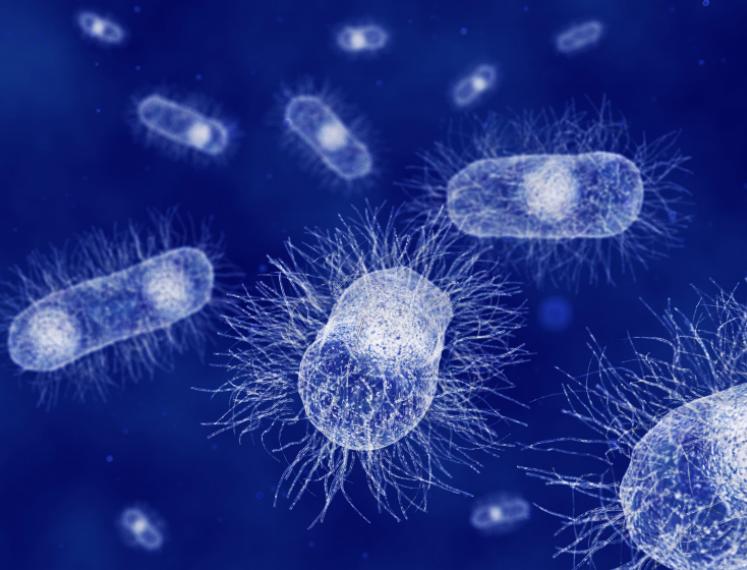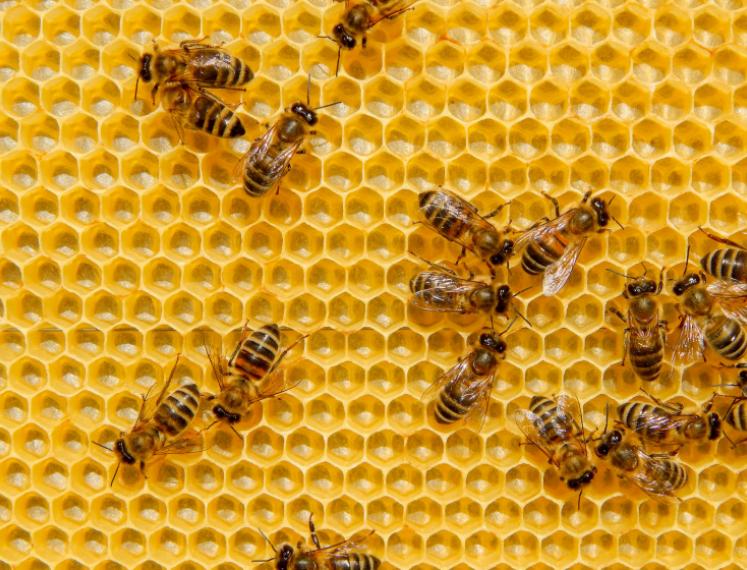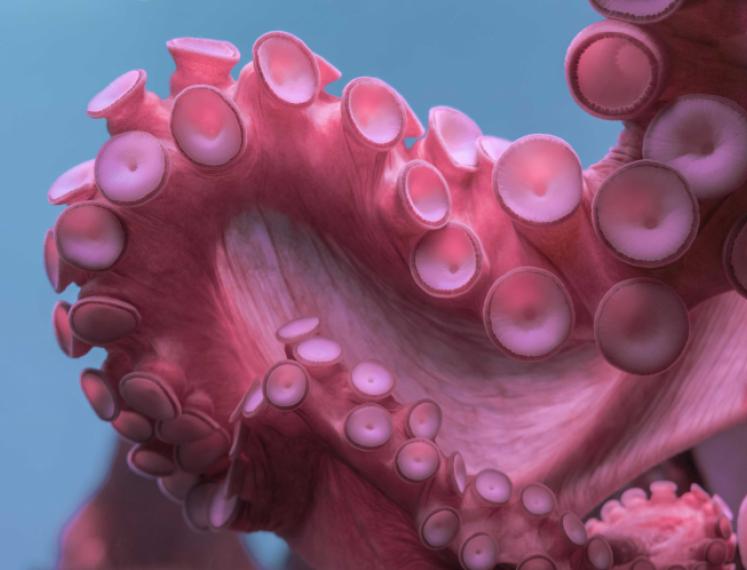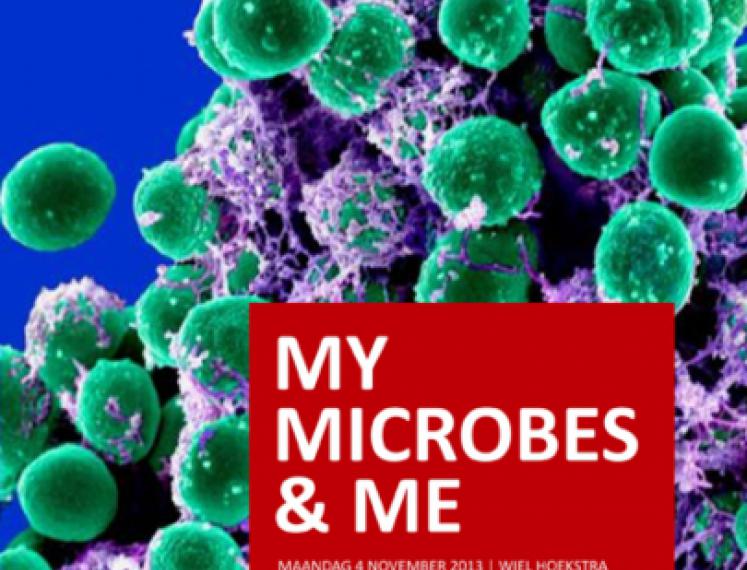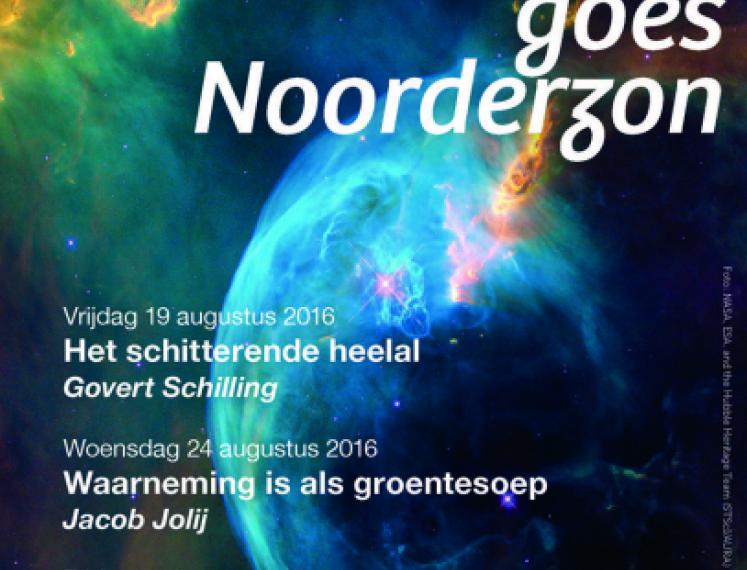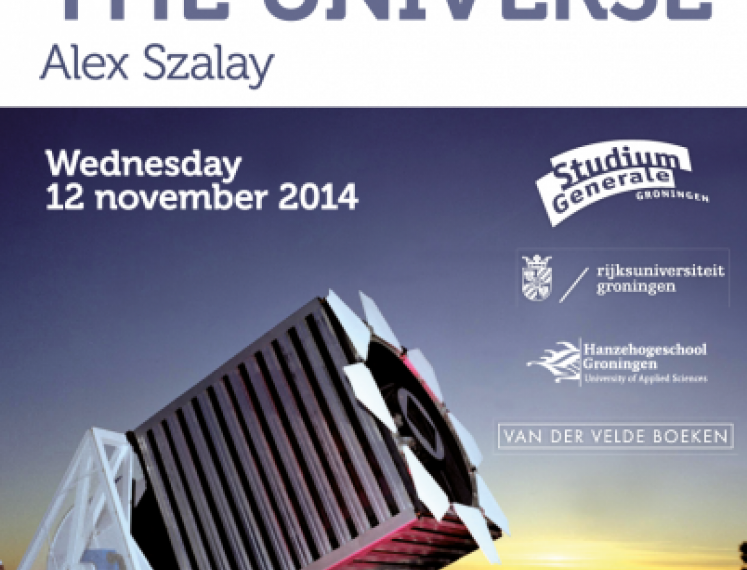Online
Nederland
What Is It Like to Be... a Bacterium
Judith Armitage is a British molecular and cellular biochemist at the University of Oxford. She has a general interest in bacterial swimming and chemosensory behaviour as a way to develop models of bacterial “decision making”. Bacteria sense and respond to changes in their environment, by changing gene expression to produce proteins allowing growth in that environment or by swimming towards improving and away from harmful environments. They might also respond by attacking rival bacteria or host cells. In this webinar, we'll discuss 3 questions that are central to her research.
The 3 questions she would like to discuss with you in this webinar are:
1. How do bacteria know whether or not they are alone? If not alone, are their neighbours friends or enemies?
2. How do bacteria sense and respond to changing environments?
3. How do bacteria know when to divide and are they immortal?
Judith Armitage is a fellow of Merton College, Oxford, and has served as Director of the Oxford University Centre for Integrative Systems Biology since 2006. She was awarded a Lister Institute Research Fellowship. She was elected a member of the European Molecular Biology Organisation, and Fellow of the American Academy of Microbiology and the Royal Society of London. Judith Armitage is distinguished for pioneering contributions to the understanding of spatio-temporal complexity and cellular organisation in bacteria. In 2019 she was elected President of the Microbiology Society.
